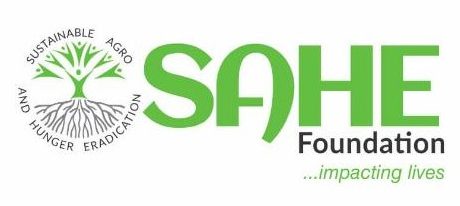AUGUST 2022 FOOD INSECURITY FORECAST FOR NIGERIA- A CALL TO ACTION
A report by the Food and Agriculture Organization (FAO) of the United Nations states that 19.4 million Nigerians will face food insecurity by August 2022, and this will affect Nigerians in 21 states and FCT including, 416,000 Internally Displaced Persons (IDPs). The key drivers to the imminent food crisis according to the report are insecurity, especially insurgency in the North-east states mostly in Borno, Adamawa and Yobe, armed banditry and banditry in some North-west states such as Sokoto, Katsina, Zamfara and Kaduna States, as well as North-central states of Benue and Niger.
Other contributing factors to the hunger crisis identified in the rep犀利士
ort are high inflation in soaring food commodity prices and accompanied economic downturn, loss of employment and reduction in household income due to the long-term effect of COVID-19 pandemic and displacement arising from conflict and armed banditry which has forced most households to employ emergency livelihood coping strategies.
FAO, in addition to a comprehensive state-by-state analysis of individual drivers of the food crisis prognosis for Nigeria, also adapted its emergency and resilience programme to respond to the increased need. Through the provision of quality seeds, micro-irrigation and fertilizers during 2021 rainy season, 65 800 households in the BAY states (Borno, Adamawa and Yobe states) were equipped to improve crop production. A further 12 400 households benefitted from livestock restocking support with 475 households having been reached by FAO’S aquaculture intervention during that time. Plans were also put in place to support 21 700 households in the dry season. This adds to more than 1 084 309 vulnerable households that FAO has reached in northeast Nigeria since 2016, enabling them to restart their agriculture-based livelihoods (crops, livestock and aquaculture production); safe access to fuelwood energy and strengthening their resilience.
In spite of the above, millions of people are currently experiencing difficulties in accessing their basic food and non–food needs as the dreadful forecast unfolds before our eyes due to disrupted livelihoods resulting into reduced households income sources.
It is therefore important that the Government and other stakeholders take immediate actions to mitigate these effects, continuously monitor their drivers, incorporate FAO’S analysis results into national planning, design and implementation of national food systems transformation action plans, and allocate more financial resources to fully support the processes.

